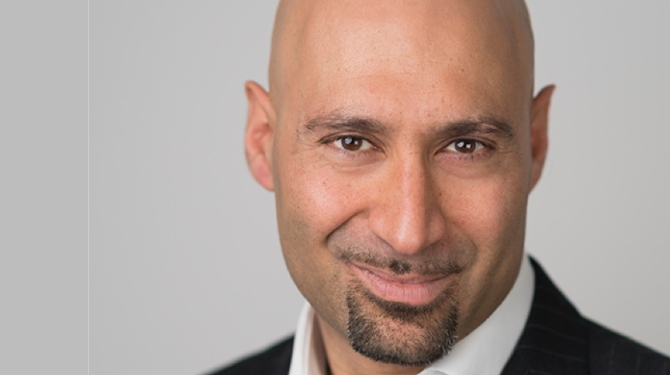Sign up for our free daily newsletter
YOUR PRIVACY - PLEASE READ CAREFULLY DATA PROTECTION STATEMENT
Below we explain how we will communicate with you. We set out how we use your data in our Privacy Policy.
Global City Media, and its associated brands will use the lawful basis of legitimate interests to use
the
contact details you have supplied to contact you regarding our publications, events, training,
reader
research, and other relevant information. We will always give you the option to opt out of our
marketing.
By clicking submit, you confirm that you understand and accept the Terms & Conditions and Privacy Policy
Seventeen leading law firms have signed up to a UK charter that commits them to measuring their efforts to stamp out institutional racism and encourages them to make the data public.
All five magic circle UK firms — Allen & Overy (A&O), Clifford Chance, Freshfields Bruckhaus Deringer, Linklaters and Slaughter and May — are signatories to the Race Fairness Commitment (RFC), which has been drawn up by the diversity recruitment specialists Rare.
The charter requires the internal monitoring of aggregated data that measures the signatories’ records in hiring black and other ethnic minority lawyers as well as their progress up the career ladder when compared to white colleagues.
While it stops short of mandating the data’s publication, it says it should be monitored ‘with a view to publishing [it] externally’.
Among the RFC’s goals are that ‘black, and all ethnic minority people are as able to be themselves at work as white people — everyone can have authenticity of speech and culture — no more fitting in and no more being “othered”’.
Jo Dooley, head of diversity and inclusion at A&O, said: “At the heart of this issue is the need to recognise how the systemic inequalities that exist in society affect our experience at work and redouble our efforts to effect change in our business and wider networks.
“We all have a role to play in the evolution of the legal landscape and this initiative marks a coming together of strong voices in the industry to bring about meaningful change.”
Metrics firms are required to measure include application to interview rates, interview to offer rates, and promotion rates as well as ‘ethnicity equal pay analysis by level, function, location and performance banding where present’.
Also included is a commitment to guarantee mentoring for junior ethnic minority members of staff as well as a series of pledges to underline the participating firms’ ‘zero tolerance of racism’ which includes the sharing of examples of how they have dealt with incidents of racism.
Introducing the initiative, Rare managing director Raphael Mokades placed it in the context of the protests that have followed the killing of George Floyd which he said meant ‘white people are listening to the experiences of their black colleagues, sometimes for the first time’.
‘We have an opportunity,’ he wrote. ‘What seems possible in terms of racial justice has shifted.’
He added: ‘The commitment contains real teeth, in the form of very specific data points which firms signing up are mandated to calculate and strongly encouraged to make public. It also ensures that race and racism are talked about in every induction and every exit interview, and that junior ethnic minority staff have access to the most senior management.’
Ben Tidswell, chairman of Ashurst, another of the signatories, said: "We all need to be held to account both externally and internally in driving change. Although some progress has been made, it is not enough and the RFC is a key step in addressing that and ensuring action is taken."
The other RFC signatories are: Bryan Cave Leighton Paisner, Dentons, DWF, Hogan Lovells, Herbert Smith Freehills, Macfarlanes, Norton Rose Fulbright, Pinsent Masons, RPC and Travers Smith.
The initiative follows the establishment in the US of the Law Firm Antiracism Alliance (LFAA), which attracted 125 signatories at launch and pledges to root out and end structural and systemic racism in the law.
A report published by the American Bar Association last month found that the number of black, Asian, Latina and multiracial women partners at US law firms has remained stuck below 3.5% for the past two decades.
It called for a more inclusive culture in the legal profession, pointing out that ‘any organisation can have all the “right” policies in place, but that organisation must begin to ask how those policies work on the ground and whether the workplace culture actually supports the use of these policies, practices, and procedures’.
Email your news and story ideas to: [email protected]





